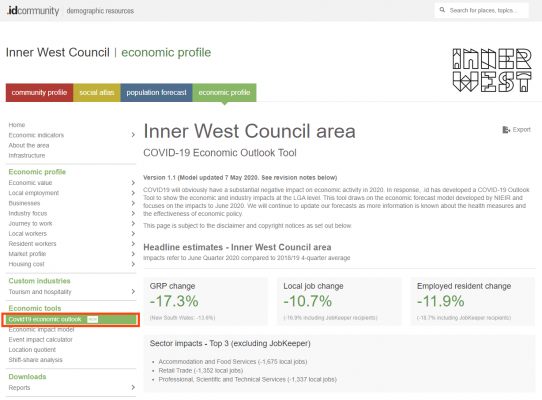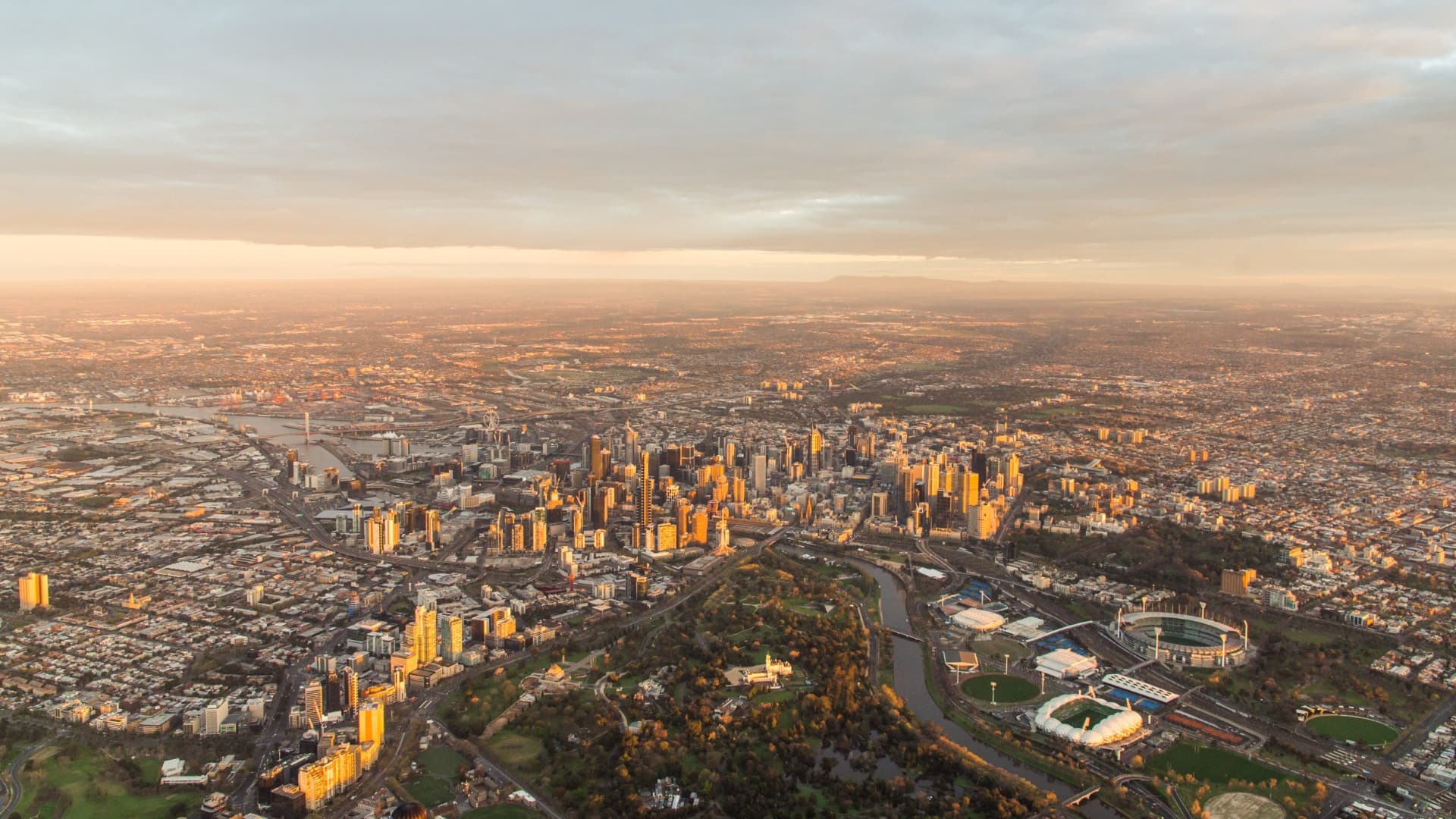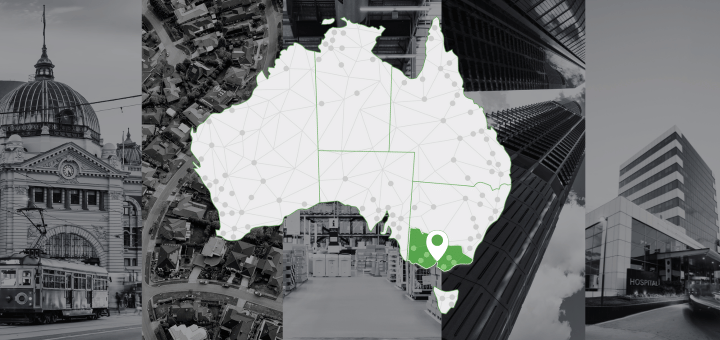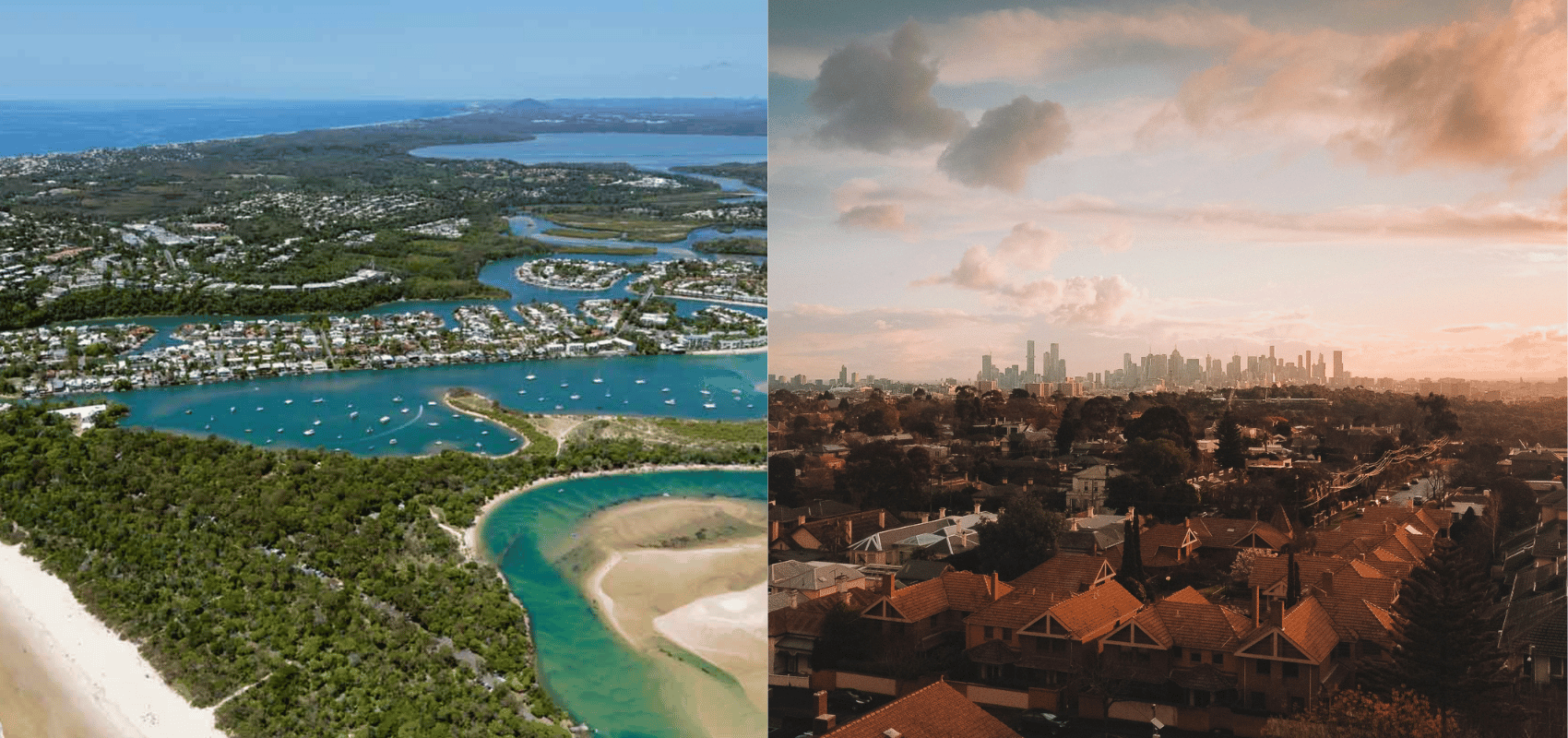RYAN
Ryan James joined our team in 2013. He works with more than 140 local councils and regional bodies to help them build stories about their places, and to bring an evidence base to their planning and strategic activities using demographic and economic data. He advises strategic planners, community and social planners, economic development teams, and senior management groups as they to respond to the changing nature of their places. He holds a Master's degree in Social Science (Planning & Environments) and is another one of .id's self-confessed city nerds. He is a passionate advocate for placemaking and the ways both policy and the built environment can encourage healthy and sustainable living.
Previous Story
Federal Government’s “HomeBuilder” scheme – where...










